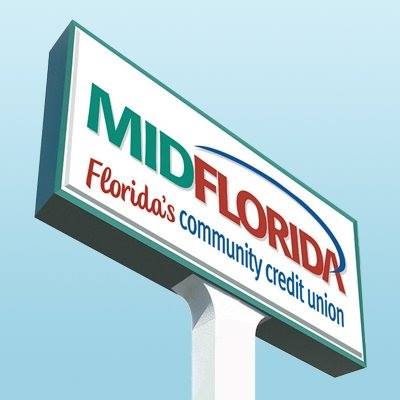-
Financial Goals – Write Them Down!
MIDFLORIDA Credit UnionWednesday, December 8, 2021
By writing down goals, you make an unspoken commitment to your future self. This act makes your thought real and your goal actionable.
(Blog written by MIDFLORIDA Credit Union and originally posted on July 8, 2021 on the MIDFLORIDA Credit Union Website* and reproduced with permission)
Chart a roadmap
The first step toward achieving any goal is often the most difficult: Identification.
Finding the time to put pen to paper (or fingers to keyboard) is a very important step toward planning your future. What vision do you see for your life? Where do you see your family in five years? Many people share common goals, but haven’t identified a plan to execute them.
Start with the basics. What do you want to accomplish?
- Purchase a new car?
- Eliminate credit card debt?
- Purchase a home?
- Open a business?
- Save for college?
- Pay for retirement?
Your financial roadmap map can be a simple vision/outline of where you want to be. On the contrary, your roadmap could be a thorough step-by-step plan with detailed dates and dollar amounts. Regardless or the substance, identifying a key goal is the first step toward committing to a plan.
For example, we would all love to have an extra $1,000 available to us tomorrow, but that is an unrealistic expectation supported by no plan of execution. However, a small restructure of your finances can orient you toward a future where this goal is achieved with little effort. A plan could include carving out a percentage (or dollar amount) of your paycheck that will get direct-deposited into a savings account. Most employers allow you to split any income into different accounts and/or across multiple financial institutions. We also offer savings goals and budgeting tools in Free Online Banking. Utilize these tools to see progress toward your goal!
Commit to your plan
Starting the journey is half the battle. The other half is committing to it. Start by taking small steps toward your roadmap, such as revisiting (or creating) your budget, building a timeline, meeting with your family, or even discussing your goals with MIDFLORIDA. Throughout this process you may identify people that will feed your motivation and or provide an outside perspective. Aggregate as much of this information as you can into an organized, trackable, and achievable plan.
Think back to our $1,000 example above. Given this situation, if we committed to our plan of depositing $20 every week into a savings account (and not spending it), you would find in excess of $1,000 sitting in that account a year from now.
Complete your goal
One of the greatest achievements in life is completing a goal, no matter the size or scope. As you read this article, think about how good you would feel if you actually attained the idea that is creeping around in your mind. However, it’s important to note that your financial goals shouldn’t be perceived and/or designed to be intimidating or unattainable.
Most people have long term goal of being able to retire comfortably, but a goal of this scale may have several fluid components. This makes the prospect of retirement difficult to forecast for due to factors like changing income level, desired retirement age, planned lifestyle, etc. Structure your long-term financial plan with smaller more obtainable goals. This will help orient your life to accomplish the larger task at hand.
This mindset can be applied to paying off debt, investing for college, or even saving for retirement (recall our $1,000 example). Write down your goals today. Achieve them in the future.
“A goal without a plan is just a wish” - Antoine de Saint-Exupéry
Tell a Friend
-
Join Today
Start benefiting from your Chamber membership today. Sign up today and get your business more exposure. Connect and grow your business with the Chamber.
Maitland Area Chamber of Commerce
© Copyright 2024 Maitland Area Chamber of Commerce. All Rights Reserved. Site provided by GrowthZone - powered by ChamberMaster software.







.png)
.png)


.jpg)

.png)

